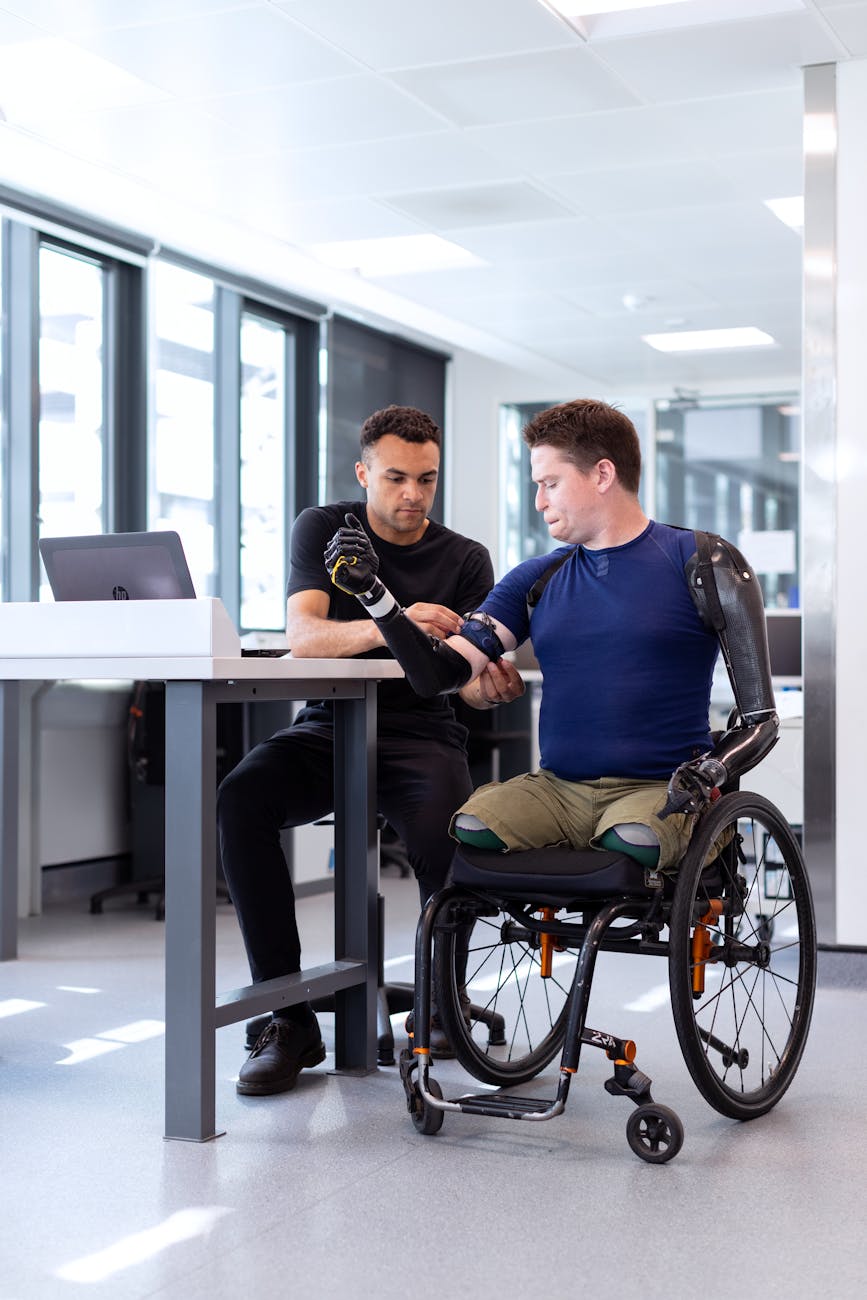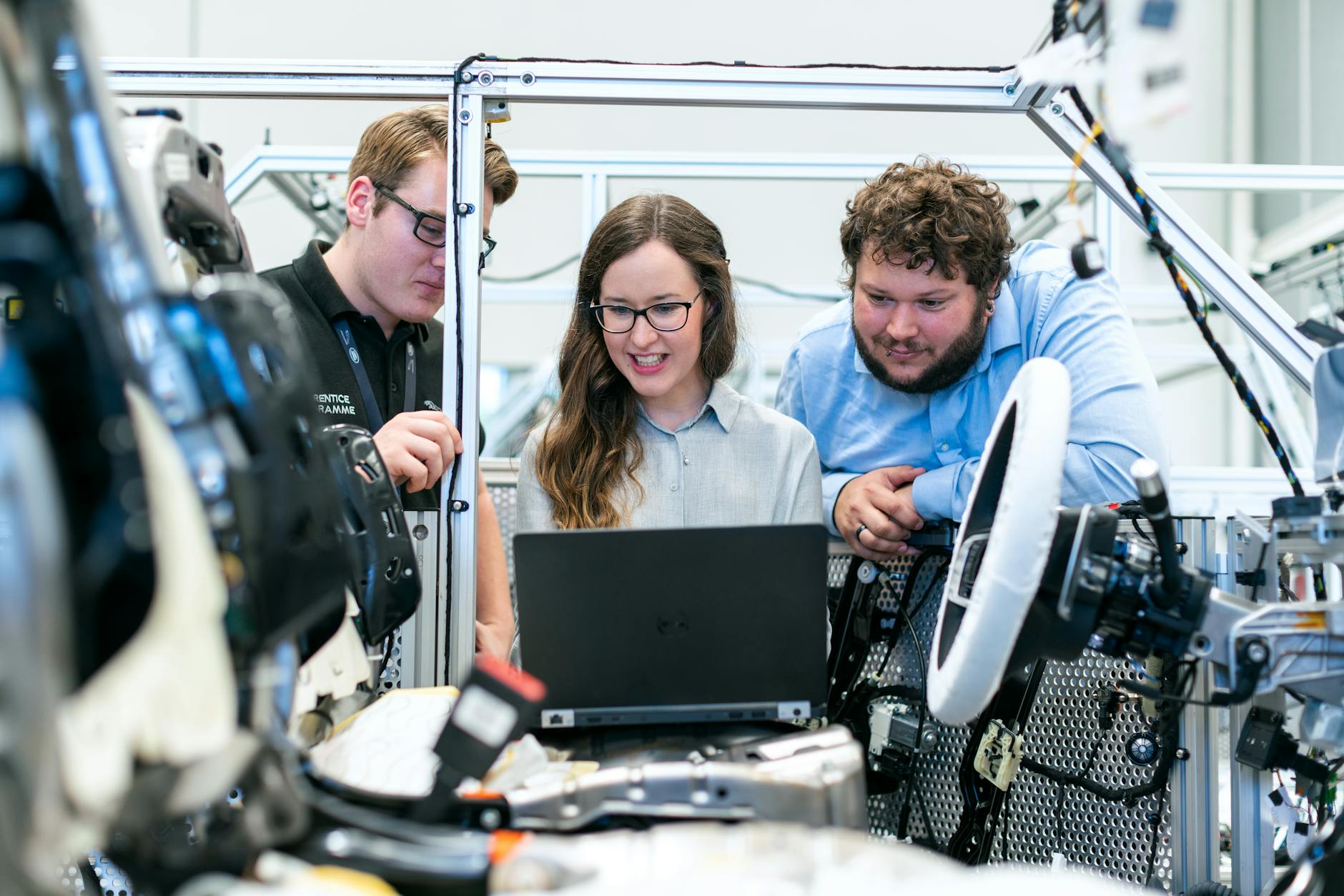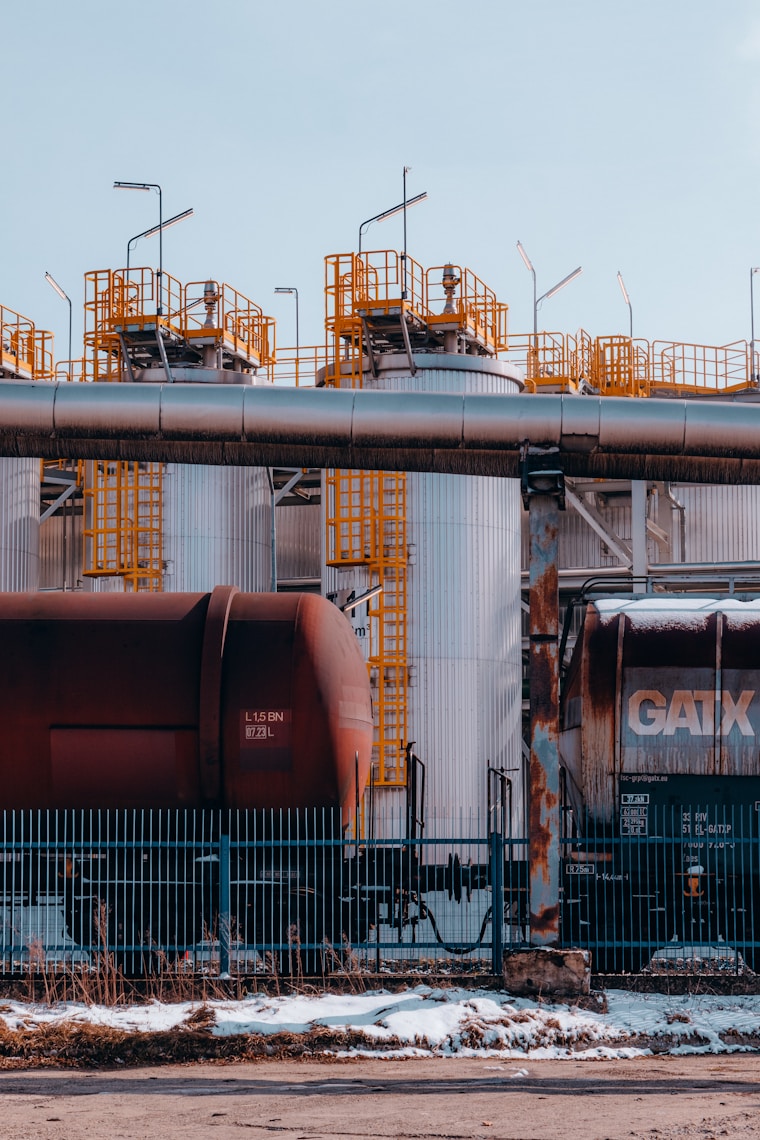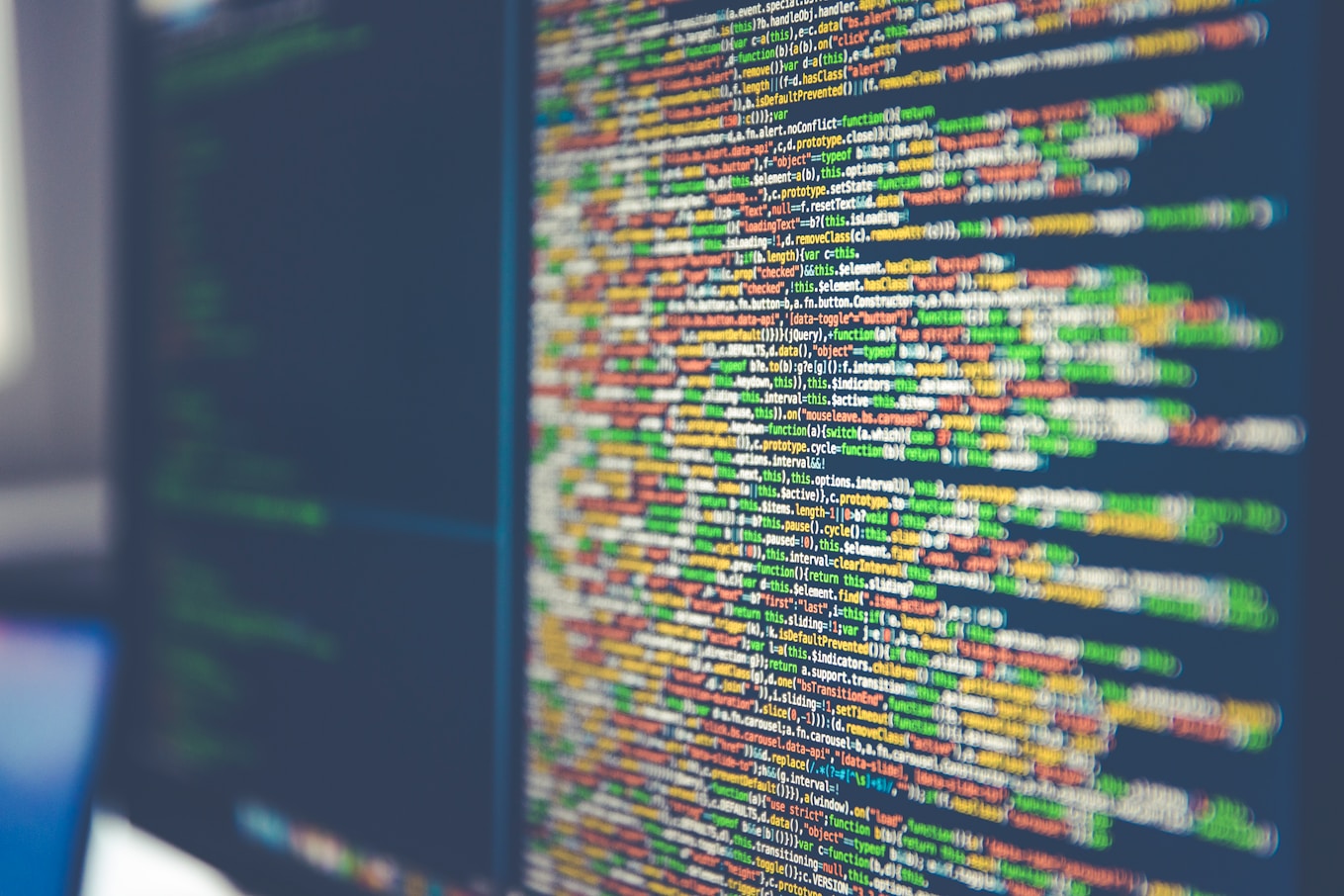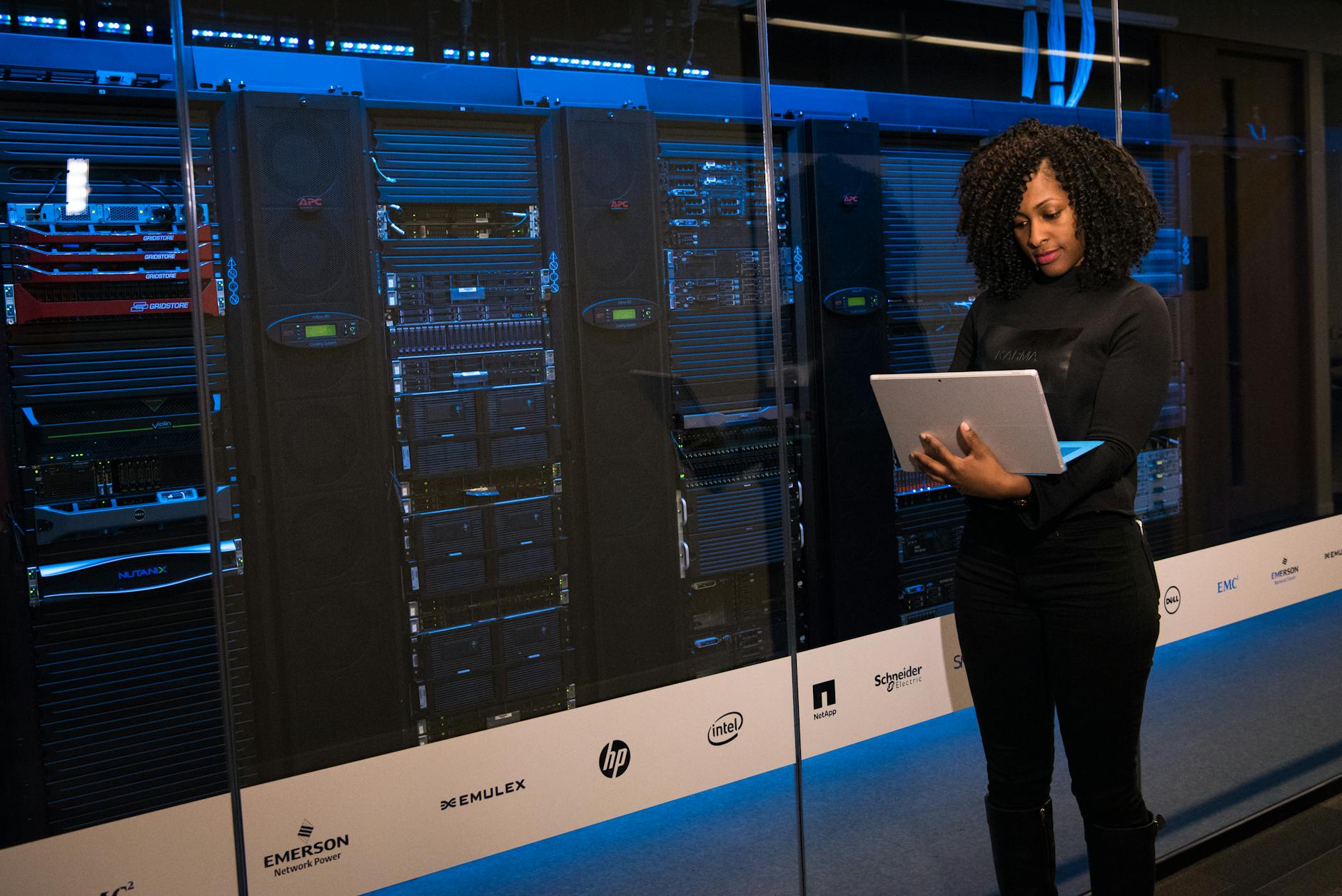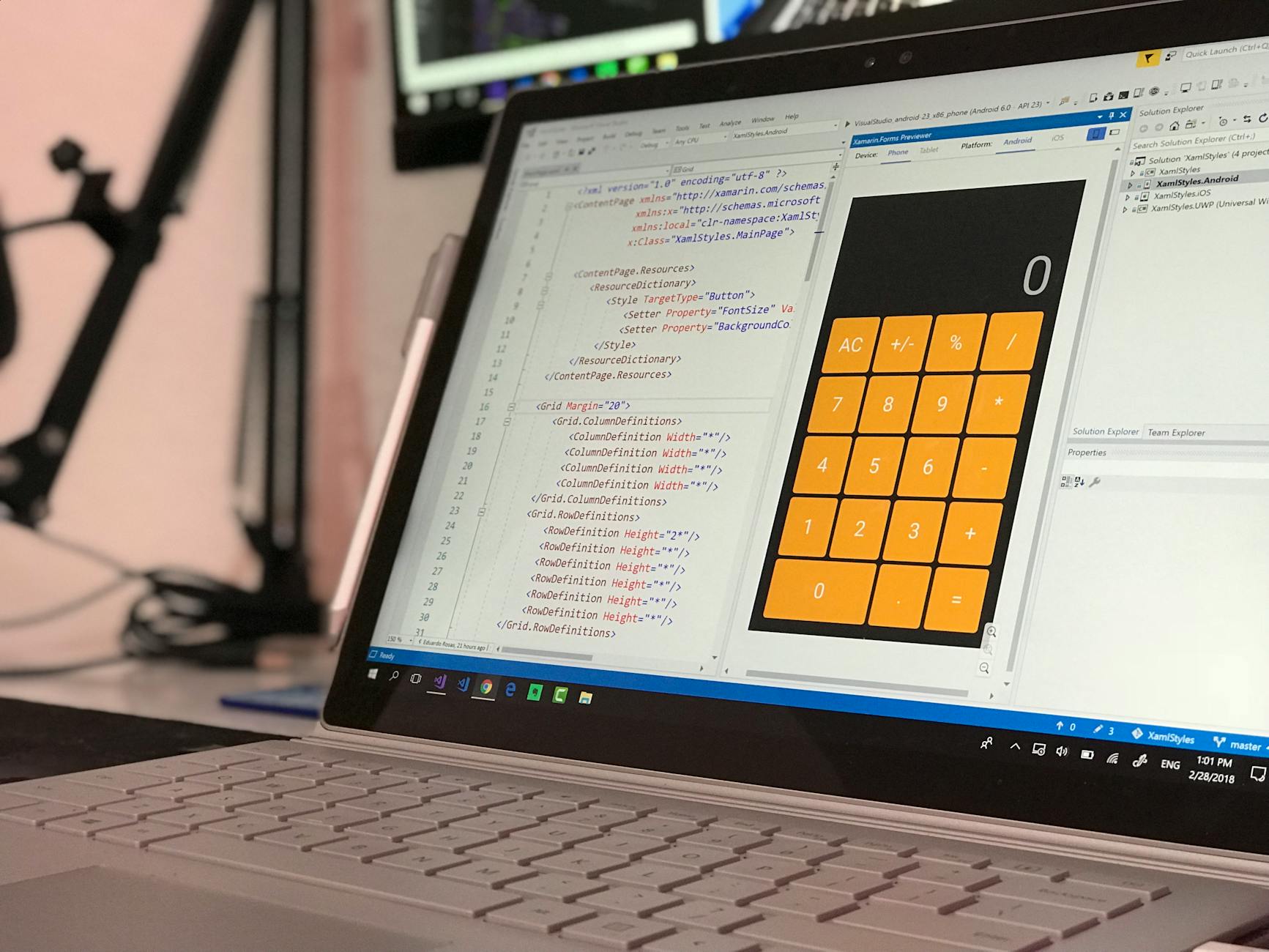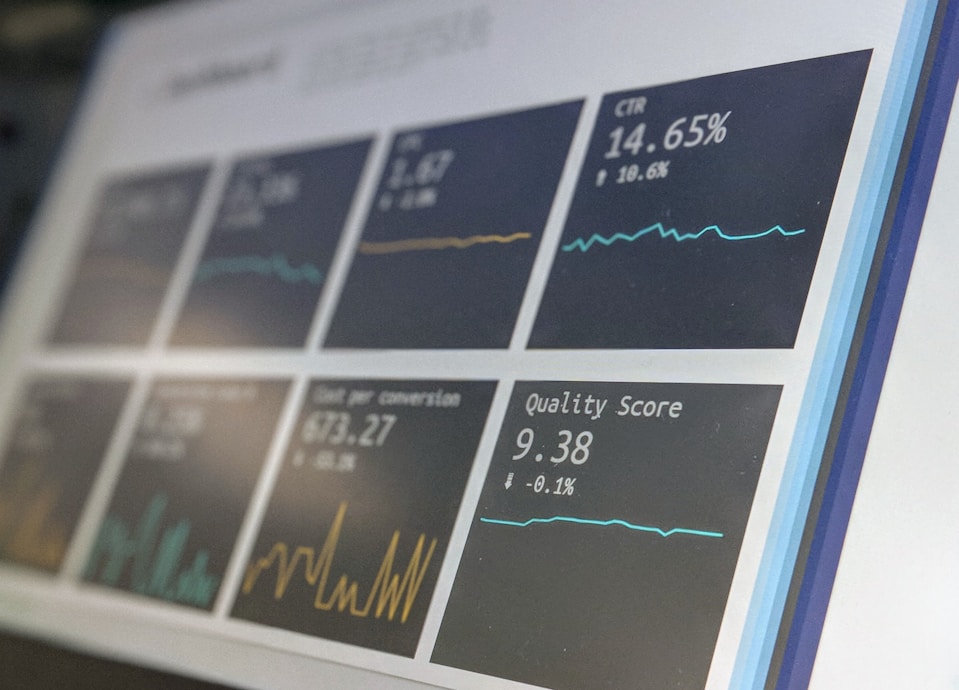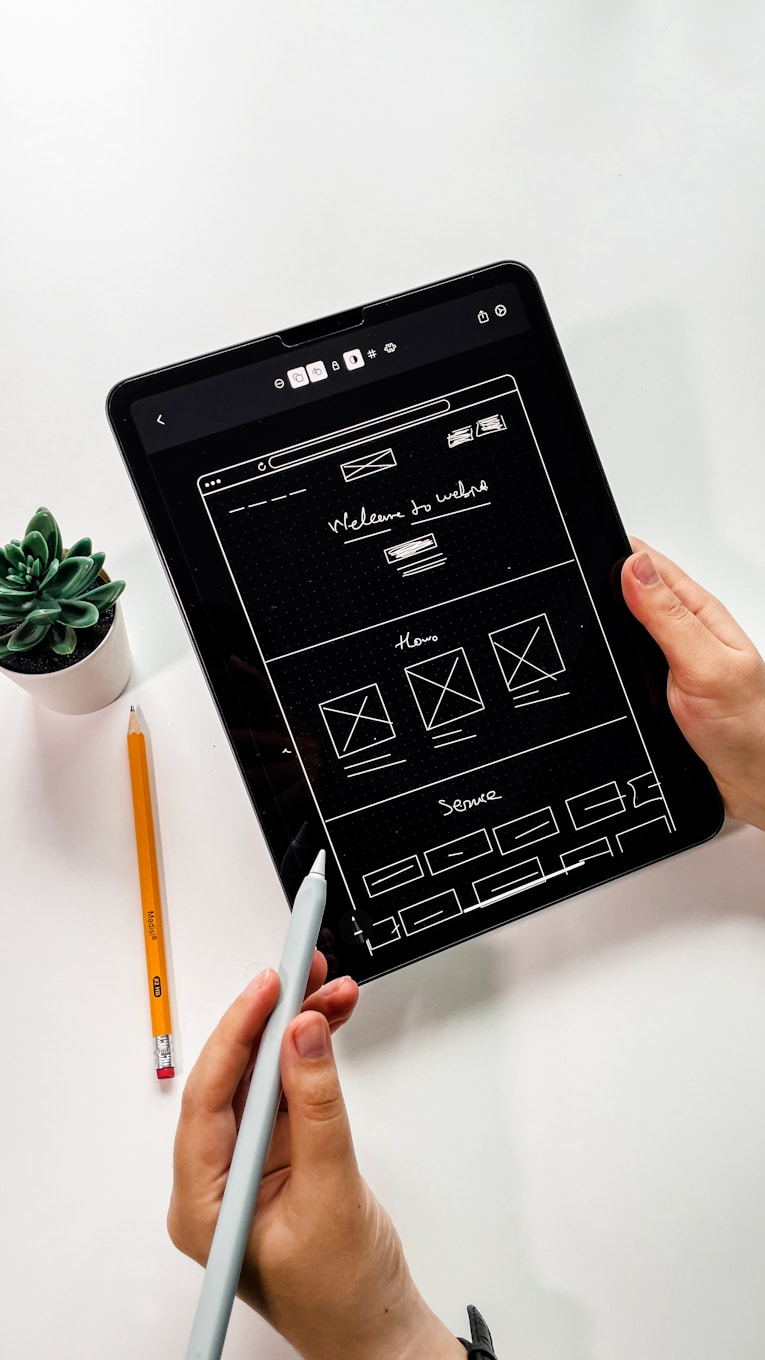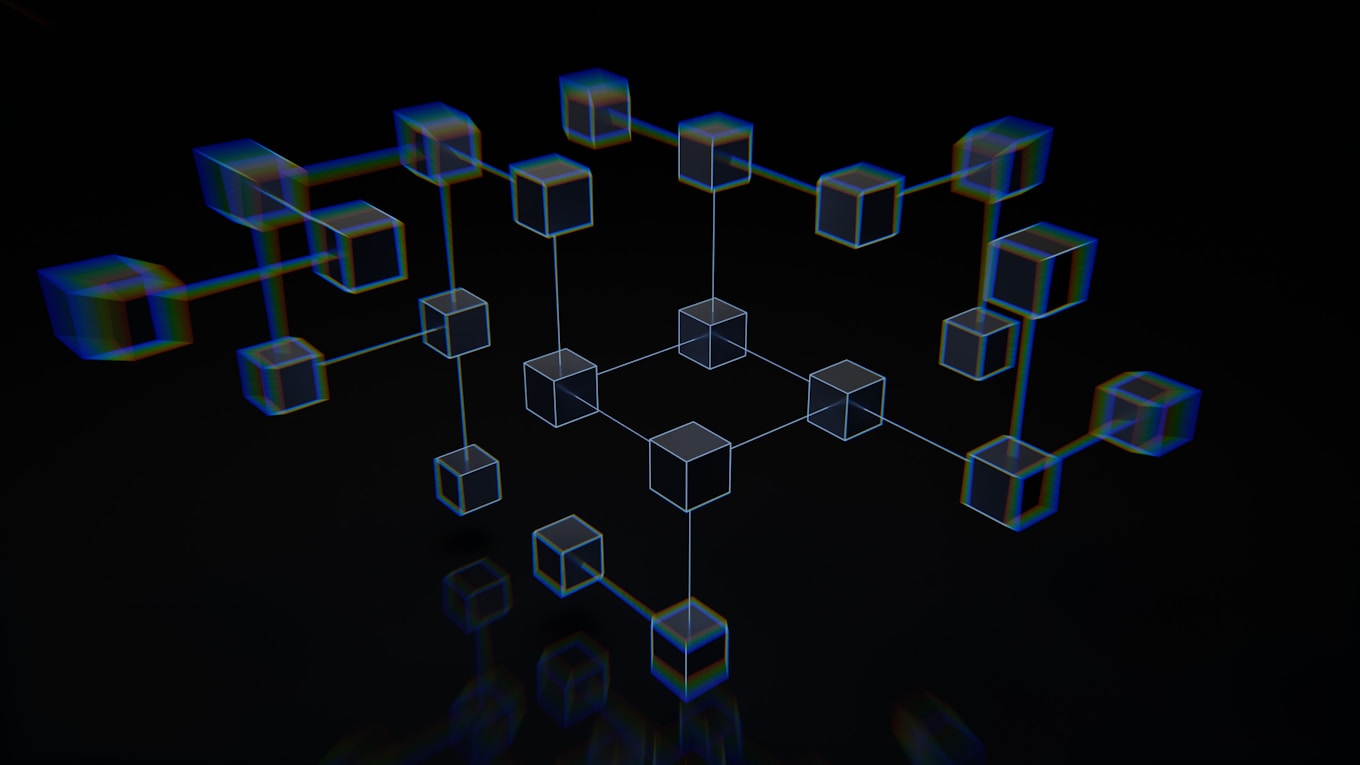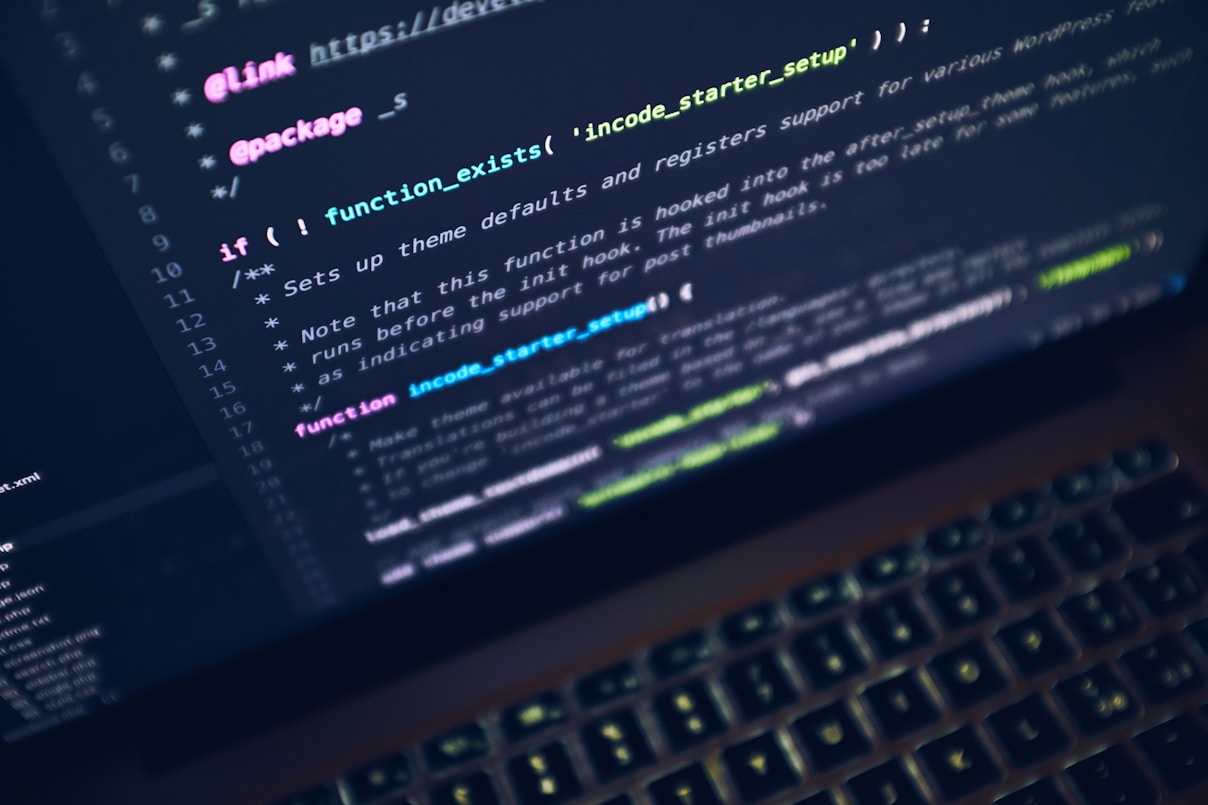In recent years, industrial companies of all shapes and sizes have been turning to solutions powered by the Internet of Things (IoT). This isn’t surprising considering the vast benefits of the technology.
From increased productivity to reduced asset downtime, there are ample advantages to implementing industrial IoT software. However, once the course is set on embracing true modern connectivity, inevitably, company leaders come face-to-face with the subject of industrial IoT sensors.
Which ones will help the firm become most efficient? Does the company really need both — temperature and humidity sensors? These kinds of questions arise once you start discussing the next IIoT project with your IT team.
To make these conversations easier, we’ve rounded up some of the most popular types of industrial IoT sensors in this post. So, keep on reading to find out which ones are out there and might benefit your organization the most.
Importance of IIoT Sensors
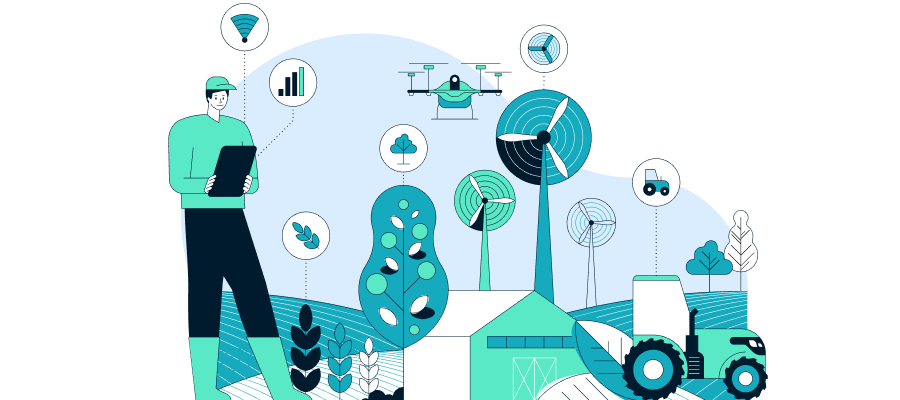
Industrial sensors can be useful for manufacturers, energy companies, construction firms, and plenty of other businesses. After all, they help monitor production processes, manage assets, and optimize performance. Who wouldn’t want that?
These smart devices function by gathering data and either processing it at the edge or transmitting it to a centralized platform for in-depth analytics, which is particularly beneficial in maritime software applications. Either way, it is the ability to collect valuable information on remote objects that makes IIoT sensors so useful to industrial firms. In short, these tools remove the need for physical checks and empower employees with real-time insights that can fuel better decision-making.
Read up on the Business-Fueling Types of Data Analysis
Of course, the choice of sensors will depend on the type of project you’re pursuing, your unique business needs, and the industrial area you operate in. After all, it’s only natural that some companies will need devices for monitoring humidity levels while others may prioritize anti-theft tools.
In any case, it’s good to be aware of the main types of IIoT sensors that are out there. That way, you can be sure that your organization is leveraging all that industrial IoT devices have to offer.
16 Main Types of Industrial IoT Sensors
Depending on the industrial sector you operate in, the goals you’re trying to achieve, and the current level of manufacturing controls and automation, the range of the most suitable IoT devices will vary. However, thanks to years of successfully delivering software projects in this sphere, we’ve assembled a list of the most popular IoT sensors to date. Let’s take a look.
1. Temperature Sensors
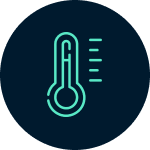
Temperature sensors, as the name suggests, are used to ensure the temperature of a room, device, or asset doesn’t surpass or drop below a safe range. For example, it can be used to prevent boiler overheating or to monitor the conditions that products are being transported under.
Discover how Velvetech developed a Cold Chain Monitoring Solution
After all, in many industries, if a fridge or freezer doesn’t maintain a specific temperature when goods are moved, the safety of the items can be compromised and they may be deemed unusable. Especially, in the food and beverage or pharmaceutical industries.
Since no company wants to suffer such losses on the bottom line, temperature sensors are some of the most popular ones that organizations consider implementing today.
2. Humidity Sensors
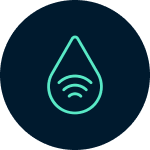
These types of IIoT monitoring sensors often go hand-in-hand with the previously discussed temperature ones. Primarily, because humidity also has an enormous impact on the quality of certain products. Thus, having temperature and humidity levels under control is of utmost importance in certain organizations.
Besides product quality, humidity also affects safety on factory floors as surfaces full of condensation can put employees at risk and delay production. So, humidity sensors can be very beneficial in manufacturing plants as they help keep workspaces well-maintained and safe.
3. Vibration Sensors

In the industrial context, vibration sensors are crucial. In particular, due to the fact that irregular vibrations often come as a precursor to machinery and equipment failure. As such, these IIoT devices are imperative for the functioning of predictive maintenance applications.
Vibration sensors collect readings which are then analyzed to detect if they fall outside typical specifications. If so, it could be a sign that a machine isn’t running properly and an issue could arise soon.
As you can imagine, being able to detect anomalies early on allows managers to deploy technicians swiftly and avoid significant asset downtime. Thus, minimizing the negative impact on the bottom line.
4. Proximity Sensors

This category of IIoT sensors is used by manufacturing or other industrial companies to accurately measure the distance between objects. Typically, these tools work by emitting electromagnetic fields and sending some type of alert whenever there is a change in the surroundings.
For instance, proximity sensors can be useful in warning operators of an impending collision between a forklift and a shelf or another piece of equipment. Overall, if you deal with a lot of moving parts and want to limit accidents — proximity sensors can help.
5. Gas Sensors
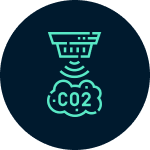
It’s no surprise that a gas leak can pose immense danger to the employees working in your facility. Plus, of course, it can place the entire business in jeopardy if the problem is not contained in a timely manner.
So, many manufacturers, energy companies, and other industrial players choose to implement gas sensors when considering the development of Internet of Things solutions. After all, these types of organizations often deal with gaseous substances, and being able to detect a leak or overexposure is of utmost importance.
6. Current Monitoring Sensors

There are two functions that current monitoring sensors can deliver. First, they provide accurate power consumption readings that help keep utility bills under control and facilitate sustainable operations. However, that’s just the beginning.
Learn more about IIoT for Sustainability
An arguably even more useful benefit of these devices lies in their ability to forecast machine failure. You see, just like odd vibrations can be a foreshadowing of an issue, so can sudden electric current spikes or drops.
With current monitoring sensors, whenever power consumption surpasses or goes under expected readings, the system will alert your team. Thus, allowing staff to schedule any necessary maintenance.
7. Security Sensors

As you can tell by the name, security sensors are used to detect trespassers and unwanted visitors. They are often installed near windows and doors to monitor motion in these locations and alert security if any movement is detected when it shouldn’t.
The majority of industrial companies will benefit from these devices, particularly those that require high levels of security in their facilities.
8. Level Sensors
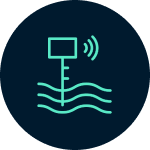
Level sensors are usually installed to monitor levels of fluid, powder, or other materials within a piece of equipment or a container. Low levels of certain substances can threaten performance or cause delays. Hence, with these IIoT solutions, staff can be alerted in advance so that everything is replenished in due time.
9. Pressure Sensors

Most often, these sensors are used to observe pressure changes in gasses and liquids that your industrial facility may be working with. For example, these devices can prove useful in the control loop. Specifically, if we consider the use of hydraulics in which pressurized fluids apply force in presses or lifts.
In the automotive industry, pressure sensors can be combined with other devices to create truly groundbreaking products that keep drivers informed of their tires’ state. For example, our team participated in such a project and combined source, temperature, and air pressure sensors to create a revolutionary smart tires product.
10. Speed Sensors
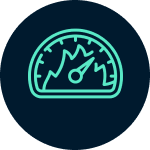
Industrial speed sensors are imperative for ensuring that your machinery is working properly. They can quickly alert employees to operational issues that need to be addressed by monitoring the speed or direction of a rotating shaft. Moreover, if a significant problem is detected, they’ll quickly shut down the machine to limit damage from faulty mechanics.
Take a look at how we developed Torque and Speed Sensors for an Engineering Company
11. Infrared Sensors

Infrared sensors can assess the surrounding environment through the emission of infrared radiation and the detection of it. They can also be prevalent in wireless tools that require a remote-controlling function.
The truth is these devices have quite a wide range of uses, including serving as item counters, burglar alarms, radiation thermometers, and even gas analyzers. In fact, some of the tools we’ve discussed above are combined with infrared sensors for an even better performance.
12. Anti-Theft Sensors

Anti-theft sensors are used precisely for what the name suggests — theft prevention. Retail tech solutions often rely on them to ensure items stay within a permitted area, typically the store.
However, these sensors can also be implemented in manufacturing, construction, and other similar settings. After all, companies operating in the industrial sphere often own expensive tools and assets that need to be accounted for.
13. Air Quality Sensors
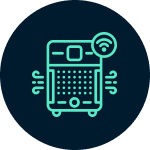
Another industrial IIoT sensor has everything to do with employee wellbeing. Air quality sensors are used to maintain healthy work environments for factory or production plant staff as these facilities can produce harmful fumes and toxins.
Unsurprisingly, air quality sensors can also swiftly detect gas leaks. Thus, preventing dangerous accidents and keeping the workplace in optimal conditions.
14. Chemical Sensors

This category of IIoT sensors is designed to detect and measure the presence and concentration of chemical substances in various environments. They usually leverage methods like electrochemical, optical, or mass-sensitive to identify specific chemicals or groups of chemicals.
Where are they used the most? Well, for example, environmental monitoring, industrial processes, or medical diagnostics employ chemical sensors to ensure proper detection of hazardous substances, pollutants, and biochemical markers.
15. Flood Detection Sensors

You might think these IIoT products are the same as humidity or level sensors but that’s not exactly so. Although flood detection sensors are indeed similar to the mentioned ones, they typically work by detecting the physical presence of water through conductive, capacitive, or optical methods.
Businesses with residential, commercial, and industrial settings benefit from flood detection technology the most. They place it in basements, near water heaters, or in areas prone to leaks to protect property from potential flooding.
16. Fire Detection Sensors

Finally, let’s cover the last group of IoT sensors that manufacturers and industrial companies often implement — fire detection devices. Obviously, they are crucial for various property safety and help spot the presence of fire or fire-related conditions.
This technology includes smoke detectors, which sense airborne particles, heat detectors that respond to temperature increases, and flame detectors that identify light wavelengths specific to flames. You know well these solutions as they are commonly located in homes, offices, industrial facilities, and public buildings.
Get the Right Sensors for Your Business
Now that you know the most commonly used industrial IoT sensors out there, it’s time to consider which ones might benefit your business in particular. Sometimes, the answer will be obvious, while at other times, you may need some help assessing which devices are truly worth the effort of implementing into your IT infrastructure. The good news is we can help in this regard.
Having spent years delivering successful and impactful industrial IoT solutions, Velvetech’s team is well versed in assessing client software requirements and determining optimal course of action. So, don’t hesitate to reach out to our team for a consultation. Our experts will quickly get on board and share their know-how with you.







